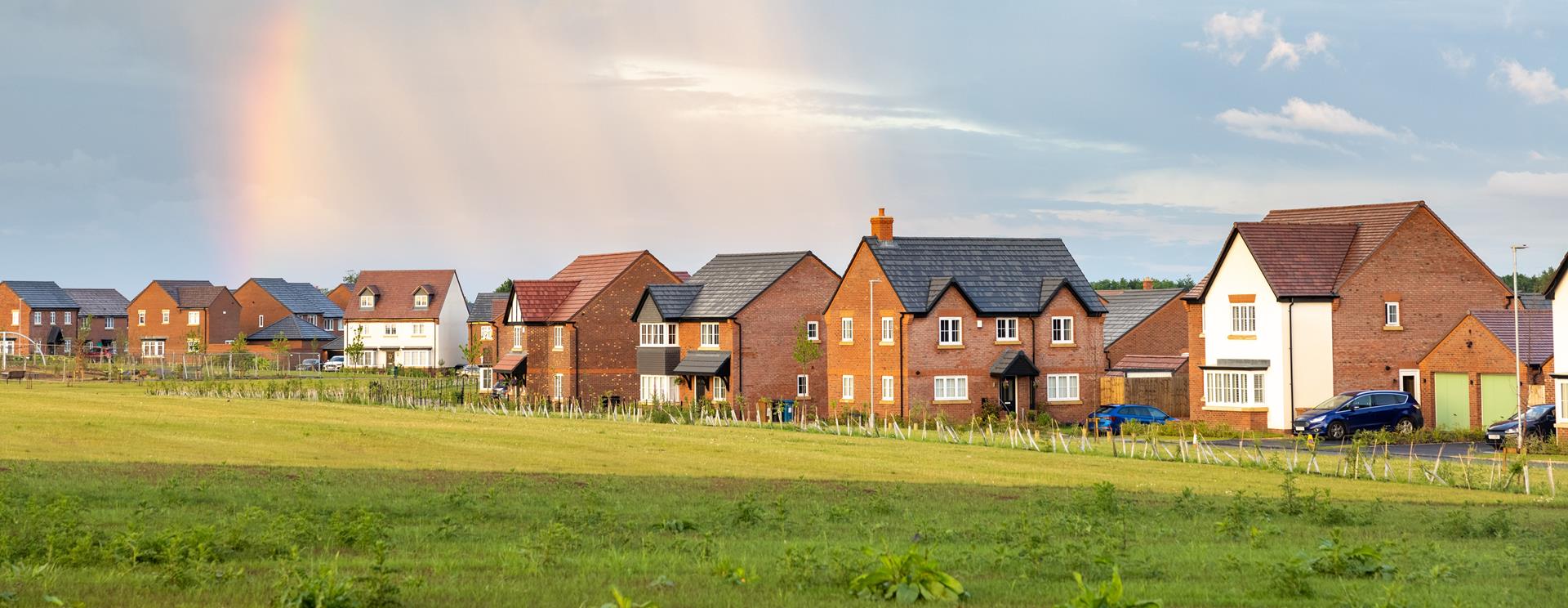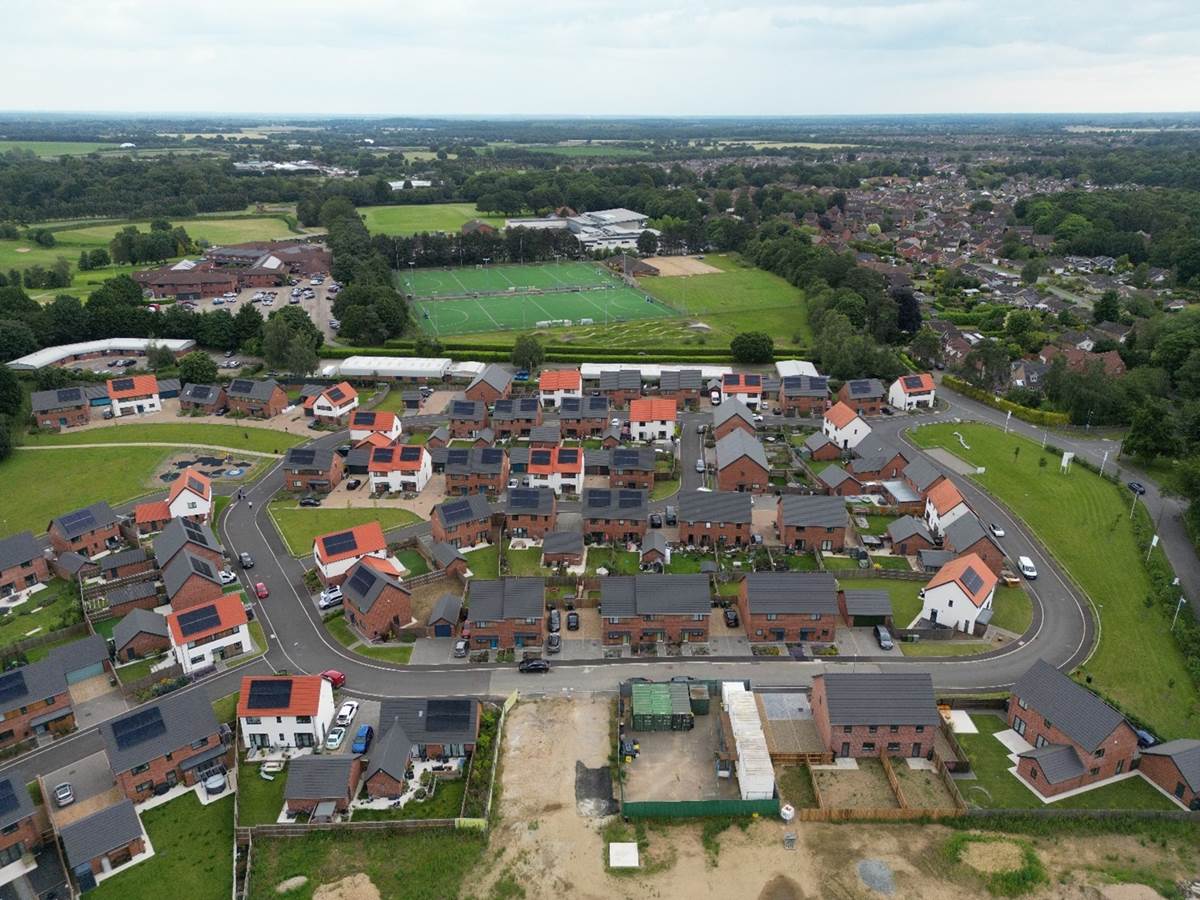
Landowner-Developer Joint Ventures
Wed 23 Oct 2024
Landowners with residential development ambitions have traditionally used promotion, option or hybrid agreements to unlock the potential of their land but joint ventures with developers are gaining traction.
There can be a mismatch between the value of land and development profit which is leading some landowners to the consideration of joint ventures.
If the landowner and developer hold different pieces of a jigsaw why not fit these together and generate a better outcome for both parties?
Owners of development land, particularly those suitable for housing schemes, often consider themselves to be in control of its value and ultimate sale.
But house builders have to factor in their own return on capital, risk, and profit and will only pay a price that reflects these. House builders do of course commit significant sums of money to completing a development and they will want to achieve a profit from that but, it is no secret that those profits tend to be significantly greater than the price paid for the land.
This runs contrary to the suggestion that a significant contributory factor to high housing prices is the cost of the development land.
Joint ventures and a more collaborative mechanism offer a different approach for sellers who want to achieve a better result. They are essentially bespoke agreements that fit the needs of both the landowner and developer.
Capital release in this situation is a longer term process therefore joint ventures are well suited to owners who have patience and time on their side.
They will also need an appetite for risk on receipts and timing, or at the very least accept the uncertainty of those. In its simplest form, the agreement might allow for a base land value with a bigger share if sales exceed a specified threshold. Trust is paramount between the parties for this to work.
For tax purposes, receipts from the success-based element of the agreement is more likely to be charged to income tax than capital gains.
As an alternative, the owner might be paid a percentage of sales prices, or profit.
The success of either arrangement hinges on how well a developer performs.
 A smaller scale housing development in Taverham, Norfolk sold to developers by our Norwich Land Agency team.
A smaller scale housing development in Taverham, Norfolk sold to developers by our Norwich Land Agency team.
Situations where the return to the owner is linked to profit, rather than sales, are more difficult to manage as they need regular valuation, an excellent contract administrator and almost certainly someone assessing quantities. However, they can be administered.
What must not be overlooked is that security for future receipts can be difficult to achieve when a buyer has to use the site to secure development funding.
A midpoint could be created where a base price is agreed and the seller receives a share of the profit or sales revenue, but this also requires significant engagement and scrutiny.
At Brown&Co we see more discussion about joint ventures than actual agreements but for a seller with either a higher risk profile, a relatively straightforward sized site and a decent relationship with the developer, or all of these combined, they can offer the opportunity for an improved outcome.
Legal, tax and valuation advice are all crucial and are reasons why many landowners decide a joint venture is not for them but it is an option worth considering because a site can only be sold once.
If you would like further advice as either a landowner or developer on the options you have available and what might fit your needs best, please contact our Land Agency or Architecture and Planning teams for more details.
Contact Land Agency Team Contact Architecture & Planning Team
This insight article is featured in our 2024 Innovate magazine. To read more of the publication, you can download a digital version below.





Keep updated
Keep up-to-date with our latest news and updates. Sign up below and we'll add you to our mailing list.
 Brown&Co
Brown&Co